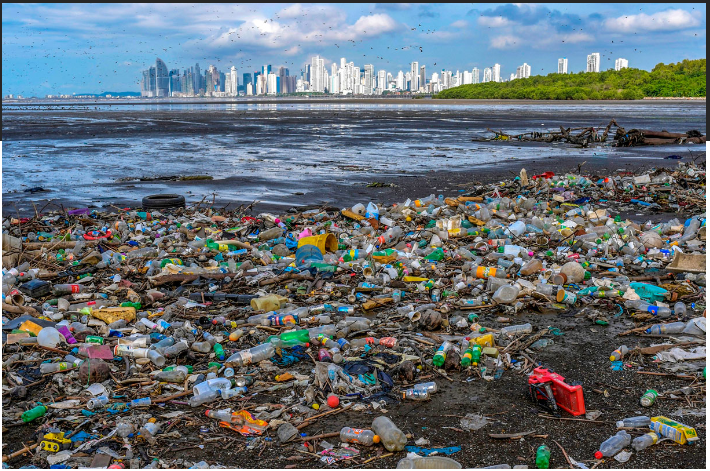Each year, an estimated 11 million tons of plastic waste enter the ocean, equivalent to a cargo ship’s worth every day. The rising tide—in the oceans and beyond—is just a symptom of much wider problems: unsustainable product design, short-sighted consumption, and insufficient waste management, scientists say. To curb the flood, says Jenna Jambeck, an environmental engineer at the University of Georgia, “we need to take more action and it needs to be further upstream” in the production process.
That’s exactly what negotiators from 193 countries are setting out to do when they meet in Nairobi, Kenya, next week. Their ambitious goal: to create a negotiating committee that will try to hammer out, within 2 years, a new global treaty intended to curb plastic pollution.
An already released proposal, modeled on the United Nations’s climate treaty, would have nations adopt action plans, set binding waste reduction targets, and establish monitoring systems and a new global scientific advisory body. “It’s about time,” says Chelsea Rochman, an ecologist at the University of Toronto who has called on nations to tackle the issue.
visit the below link to get more on this




